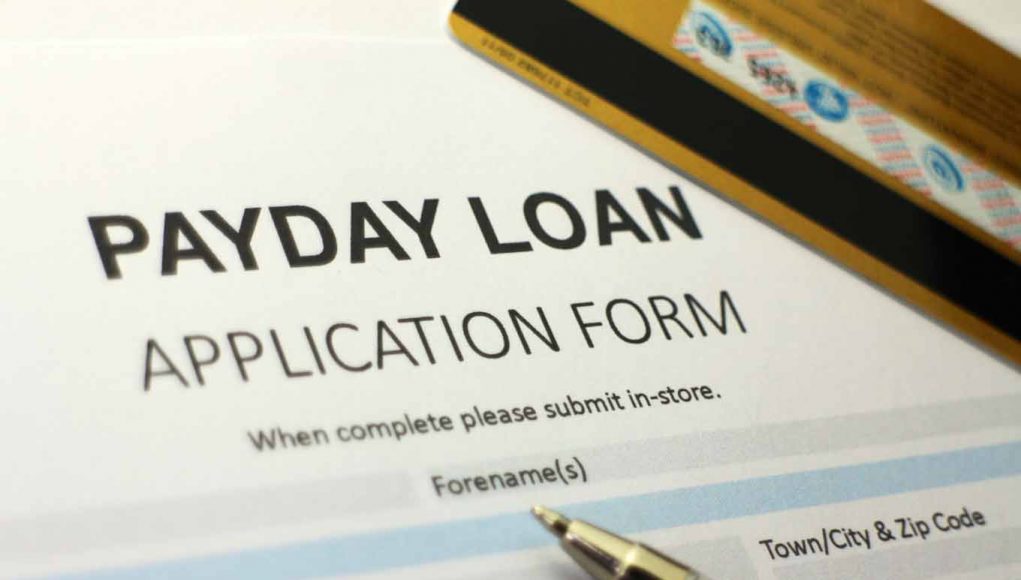Since 2008, a growing number of people have started using personal loans to pay for bills and other everyday expenses. In fact, recent statistics show that as much as 40% of young people in the UK now use payday loans, pawnshops or other short-term loans on a regular basis.
Taking out a personal loan can help you manage your short-term financial obligations. However, like all major financial decisions, it’s something that you need to approach with a certain amount of thought and planning.
From repayments to your personal cash needs, there are several things you need to consider before taking out a personal loan. We’ve listed four of these things below, along with tips and tactics to help you borrow effectively, intelligently and affordably.
How much will it really cost?
Personal loans aren’t free — in order to borrow money, you’ll need to pay interest. Before you take out a personal loan, it’s important that you calculate the total amount you’ll need to repay over the course of the monthly installments.
Loan providers like Mr Lender list the total repayable amount online, letting you see the cost of your loan before you borrow money.
It’s never a good idea to take out a loan without a full understanding of how much it will cost to pay back. Take note of the total cost of a personal loan and you’ll be a more informed borrower, making it easier for you to manage the installments and pay it back on time.
Do you meet the loan criteria?
Not just anyone can take out a personal loan. If you want to borrow money, the lender you talk to will want to see that you’re capable of repaying the loan on time. In the UK, this means you’ll need to meet the minimum criteria for a personal loan.
Most lenders will require that you’re a UK resident of 18 years of age or more in order to take out a personal loan. You’ll also need to provide proof of employment and income verification, which proves that you have enough personal cash flow to manage the loan installments.
Loan criteria can vary based on your needs and expectations, meaning you might be eligible to borrow from one lender but not another.
Do you really need it?
Personal loans can be extremely helpful in certain circumstances, but they’re not cheap. This means it’s important to ask yourself if you truly need to borrow any money before you consider taking out a loan.
If you have enough money in your savings account to pay your bills and immediate expenses, it’s almost always cheaper to use existing cash than a personal loan. If you’re borrowing to pay for a consumer good or other non-essential item, ask yourself if you really need it.
Personal loans are designed for uncommon financial situations and emergencies, not for buying an item you notice in a shop window. If you’re considering taking out a loan on a whim, spend a day or two to consider whether or not you truly need it before you fill out an application.
How will you repay it?
Finally, it’s important to consider how you’re going to pay off the loan. Responsible borrowers understand how much a loan costs and how they’ll repay it, making it much easier to manage the monthly installments.
Before you take out a loan, take note of the monthly installments and plan out how you’re going to pay them off as they become due. The best approach is to prepare a full budget that lists your income and expenses, letting you see exactly how much you’ll have left over every month.
This approach makes repayments easy instead of difficult, saving you from the financial stress that can result from trying to pay off a personal loan without a clear long-term plan in place.















